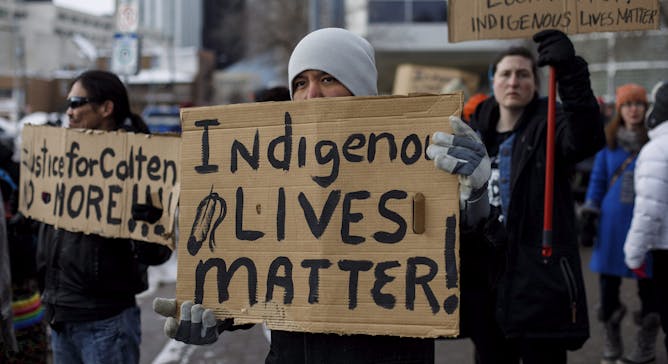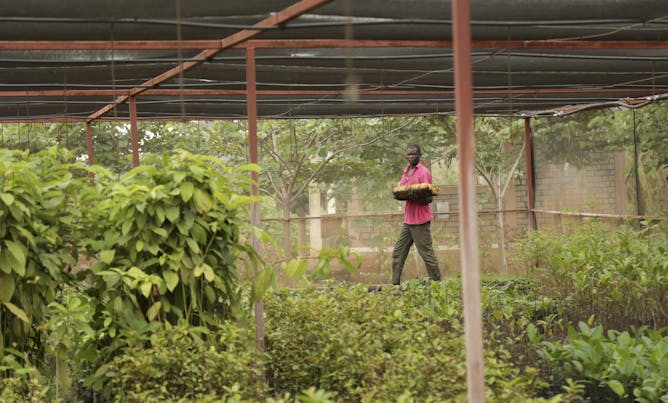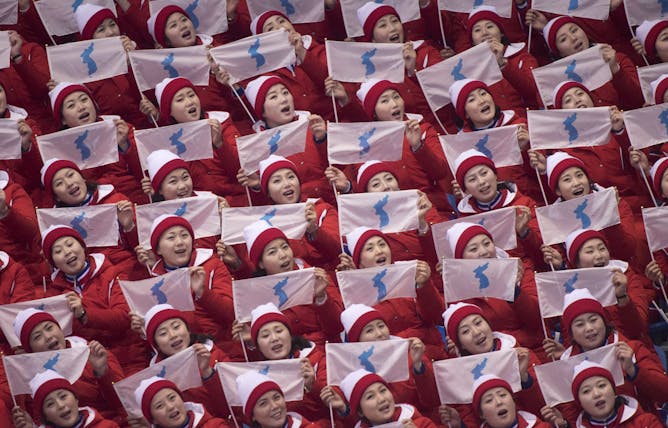|
We’re continuing to cover the aftermath of the innocent verdict in the killing of Colten Boushie. Today in The Conversation Canada, Vicki Chartrand of Bishop’s University explores how our justice system “works against Indigenous people at every level, from police checks and arrests to bail denial and detention, sentencing miscarriages and disparities and high incarceration rates.”
Prof. Chartrand points out that prior to 1960, Indigenous people represented no more than two per cent of the country’s prison population. It’s now more than 26 per cent. “Indigenous people are more often criminalized and imprisoned for acts that are linked to poverty, lack of educational and employment opportunities, lifestyles of substance use, mental health concerns and histories of sexual abuse, violence and trauma - in other words, colonialism.”
Adam Sneyd of the University of Guelph looks at how “the politics of persuasion” are having a positive impact on agri-food research and development in Africa.
And finally, one of the most memorable moments of the 2018 Winter Olympics so far has been the appearance of the North Korean cheerleaders who have mesmerized audiences in Pyeongchang and around the world on TV. But Robert Huish of Dalhousie University says the propaganda war is blinding us to the brutality of life for North Korean athletes.
Regards,
|

People gather in Edmonton during a rally in response to Gerald Stanley’s acquittal in the shooting death of Colten Boushie.
THE CANADIAN PRESS/Jason Franson
Vicki Chartrand, Bishop's University
Colten Boushie's death and the subsequent acquittal of his killer has fuelled loud calls for reforms to Canada's criminal justice system and its treatment of the Indigenous. Why has it taken so long?
|

A man walks through a greenhouse in October 2017 at a learning centre in Uganda where sustainable agriculture techniques, such as drought-resistant crops and tree planting, are taught.
(AP Photo/Adelle Kalakouti)
Adam Sneyd, University of Guelph
At present on the African continent, the politics of persuasion are especially consequential in the area of agri-food research and development.
|

Members of a North Korean delegation cheer while holding the unified Korea flag at the pairs figure skating free program at the Pyeonchang Winter Olympics on Feb. 15, 2018 in Gangneung, South Korea.
THE CANADIAN PRESS/Paul Chiasson
Robert Huish, Dalhousie University
The International Olympic Committee has banished dopers from the Winter Games. Shame it hasn't treated North Korea, a noted human rights violator, with the same resolve.
|
Politics
|
-
Sandeep Gopalan, Deakin University
The indictments issued against a company and 13 individuals show a determination to disrupt the presidential campaign, but there is no allegation of collusion with Donald Trump's team.
|
|
Health + Medicine
|
-
Daniel J. Flannery, Case Western Reserve University
When children learn about news like the deadly school shooting in Florida, a logical question for them to ask is: Will the same thing happen to me?
-
John P DiMoia, Max Planck Institute for the History of Science
Parasites are not only a personal health problem – they are political too.
|
|